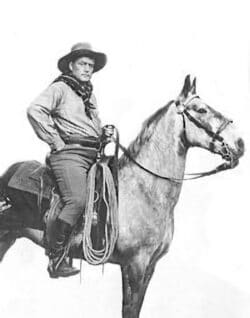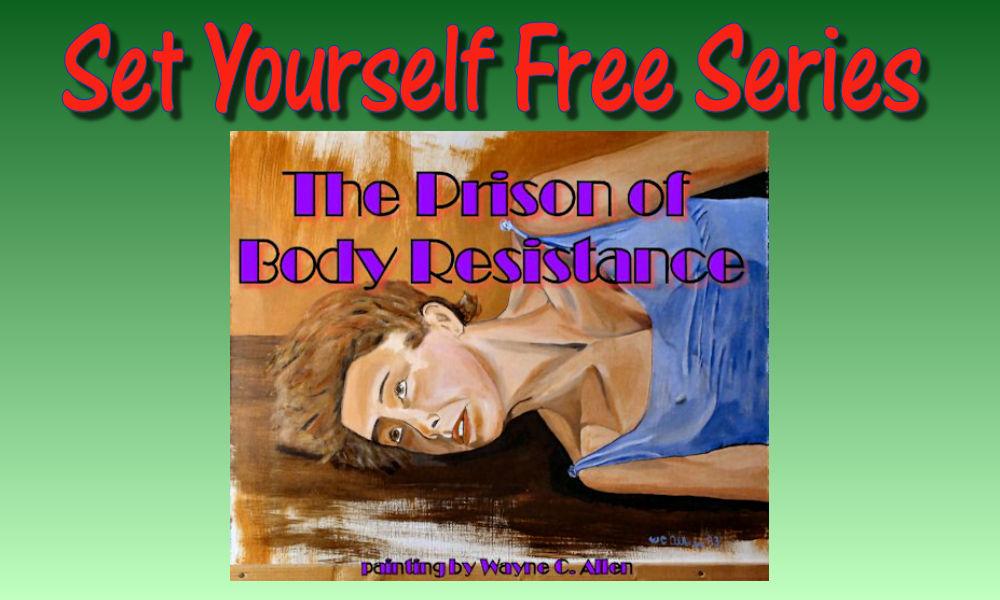- The Prison of Body Resistance — Set Yourself Free Series
- Prisons of the Spirit — Set Yourself Free Series
- The Prison of Imagination — Set Yourself Free Series
- Breaking Through Beliefs — Set Yourself Free Series
- True Intimacy — Set Yourself Free Series
- True Liberation — Set Yourself Free Series
- Learning by Letting Go — Set Yourself Free Series
- Unbinding — Set Yourself Free Series
- Dropping Manipulative Games — Set Yourself Free Series
- Passionate Engaging — Set Yourself Free Series
The Prison of Body Resistance — we find ourselves trapped in a body that seems foreign to us. Here are some suggestions geared toward letting go.

Simple, profound lessons in relating
The. Best. Relationship. Ever.
Purchase all formats at Amazon
Purchase digital versions (Apple, Nook, Kobo, etc.) from this page
Our minds can be quite locked up. Because we’re used to the games our minds play, however, we’re comfortable living between our ears.
A strange thing happened at the time of the Enlightenment. People were split in three.
Prior to this time, life in the West was pretty regimented. The Church held sway over pretty much everything. Sickness was thought of as a sign of sinfulness. Health care was a joke — the town surgeon was likely the barber.
If you needed medicine, it came from a woman versed in herbs — and she needed to keep her head down, as the Church didn’t like intrusion. She could easily be branded a witch.
The Enlightenment was an opening of the mind.

Education rose in importance, as did fledgling Universities. Medicine became a science, and was taught to doctors.
Somehow the Church came to its senses long enough to realize this “newfangled education thing” wasn’t going away. The Church agreed to a division.
The Church got the Spirit.
The doctors were assigned the body. The educators got sole possession of the mind (until psychoanalysis came along — a division again happened at that point.)
The educators quickly rose to the fore, as change was coming from this part of the triumvirate. Science was plotting the universe, creating machines, promoting logic — and shunting the Church off into a corner from which is has yet (thankfully) to return.
And medicine decided that, like all sciences, division led somewhere. Once dissection was approved, medicine built its bones on the idea that if only we look to the smallest, we will understand the whole.
The Mind was elevated

The Spirit was seen as quaint. The Mind was seen as the principal aspect that made humans human.
The analogy of horse and rider prevailed — the mind was like the rider of the horse — in possession of knowledge, intellect, wisdom, and direction.
The horse (the body) was the dumb beast that got the rider from a to b.
Many of my clients had difficulty believing their bodies have a voice
And this is even when their bodies went quite dramatically out of control.
One client especially was fascinating to do Bodywork with. I’d touch her shoulder, and she’d say, “I feel that in my toe. What does that mean?” Or I’d press on her sternum, and she’d start to cry, and I’d almost hear a click as she popped up into her head, and told me a story.
Bodies are treated with disrespect

Bodywork is really about breaking down the walls that separate us from ourselves. The walls are 1) tightness, and 2) reluctance.
- The tightness is what we learned to do to “get ourselves under control.”
- The reluctance is the centuries long aversion we have to thinking that our bodies have intelligence.
I remember my first Bodywork session, out at Haven, with David Raithby.
I had a lot of tears and anger. I was also out there right before I got “exited” from the Church, although none of us knew that at the time.
David had just about finished. He asked me to sit up, and dug his fingers into my side intercostals.
I let out a howl, and really kind of lost it. He extended my arms out from my sides. He said,
“We’ve already had one Messiah, and look how it turned out for him.”
I, in that moment, had a whole body reaction. I thought about how my body had collapsed on me a few months earlier … a prime motivation to go to The Haven. I thought about how I kept demanding that my body do what it didn’t want to do any more. All for the “right” reasons: my “calling,” prestige, money.
I’d stayed and stayed, and my little legs were pumping in the air. Trying to run out the door.
I don’t know how David saw what was up for me, although as a Bodyworker, I “saw” stuff all the time. I’d get a flash, an intuition, and I’d follow it.
I’d “push here,” as if it’s written on skin. I’d see what the recipient is resisting (often stuff to do with pelvic / sensual / sexual resistance,) and I’d go for it.
Because the body has a voice.
The body is screaming its message, and we ignore it at our peril
If you want to learn to listen to and work with your body, you’ll have to get in touch with what you are feeling.
As you feel your feelings, watch. See what you do next.
- Intellectualize – ask for more information, pop into your head and try to “figure it out.” In the meantime, stuff the feelings back down.
- Fantasize – leave your body by coming up wit your favourite story — preferably one where you get to check out of reality and play around in your head.
- Patch the wall — you start to feel, start to “see” what’s being held in / down / back. You start to dig in, and then, poof, “shields up!” The muscles are re-tightened, and feelings dismissed, and all is “normal” again.
Or:
- let go – ask your body what it needs — it may need to yell, pound, cry… and then, as one client put it, it may need to completely release. If you block yourself from doing what your body needs, you will pay the price.
- wiggle / move — your body wants to express itself, so find ways. Dance, wiggle, move your pelvis, stretch, do yoga. Exercise your need to let your body loose.
- Emote — set aside time to feel your emotions fully. Create a space to let it all hang out. Find a core group of people you trust enough to be yourself.
- Find alternatives — do Bodywork, get acupuncture and Chinese herbal remedies.
You are not the victim of your body. You are your body, as much as you are your mind. Your body is talking to you, all the time, and usually is aware of “difficulties” long before your brain clues in. :earn to pay attention.
Ask your body, “What do you need? What can I do so toast you can let go and come back into balance? What needs to happen, be let go of, danced with? And then, listen.
I suspect you’ll discover that the answer(s) are obvious.





